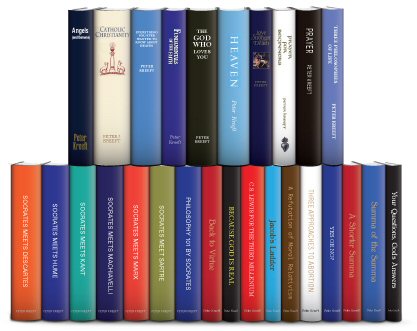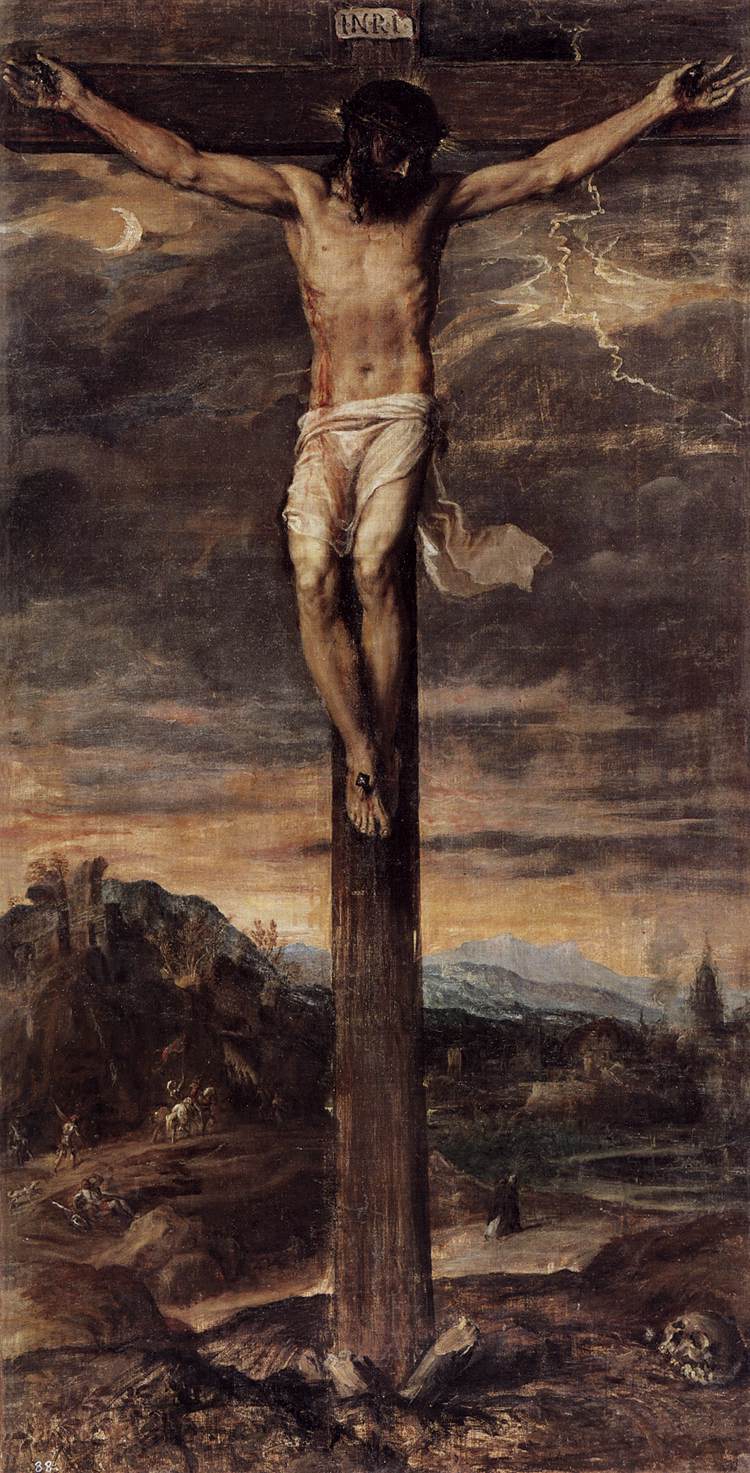Verbum interviewed Dr. Peter Kreeft, Catholic convert, author, professor, and apologist. We are pleased to offer 27 volumes of Kreeft’s work, the Peter Kreeft Bundle, including 3 separate collections, featured on Verbum’s Monthly Sale through the end of September.
Q. What role do you see philosophy playing in the work of the New Evangelization?
A. The role of professional philosophy has steadily decreased in Western culture for the last half a century at least. I think philosophy will have little or no role to play in “the New Evangelization” because professional philosophy has become a victim of its own technological sophistication and it has abandoned even the attempt to communicate to ordinary people as distinct from scholars. What we could call amateur philosophy, however, will have a crucial role, because it is universal and necessary and distinctively human. “Amateur” literally means “lover.” Real philosophy, then, is an “amateur” affair because that is what philosophy is and means, according to its inventors: “the love of wisdom”; not the cultivation of cleverness.
Philosophy asks fundamental questions like “Why?” and “What?” If we do not ask why we are doing evangelization, and why it must be new, and what the New Evangelization essentially is, we will be muddle-headed in our actions as well as our thought.
Q. You have written extensively on the philosophy and theology of St Thomas Aquinas in A Shorter Summa and A Summa of the Summa. In your experience as a teacher, how would you suggest getting young people excited about the Angelic Doctor?
A. Getting anyone excited about Aquinas is mainly a matter of exposure. His clarity and commonsense and intelligence all sell themselves and don’t need salesmen. There is no need to package him for youth, or for moderns, or for any other subclass of human beings. You don’t even need to translate him into modern language. Once you understand the meanings of a few basic technical philosophical terms like “form” and “matter” and “efficient cause” and “final cause,” you see that Aquinas is very simple and clear.
Q. Among the works which are part of this Verbum collection, are there one or two that you really enjoyed writing? Was there one which was particularly difficult to write?
A. I enjoyed writing all my books; none were just duties. But I especially enjoy writing dialogues. An article in Aquinas’ Summa is really a dialogue, though in condensed form, a dramatic conflict between two ideas, Yes or No, with one winning and refuting the other. Of all the dialogues I’ve written, I suppose A Refutation of Moral Relativism is the most important culturally now and for the New Evangelization. As recent popes have told us, Western culture is dying because of this cancer (moral relativism) above all others. That’s the abstract and general way of putting it; the more concrete and personal way of putting the same point is Alexander Solzhenitsyn’s point in his great 1978 Harvard commencement address, “We have forgotten God.”






